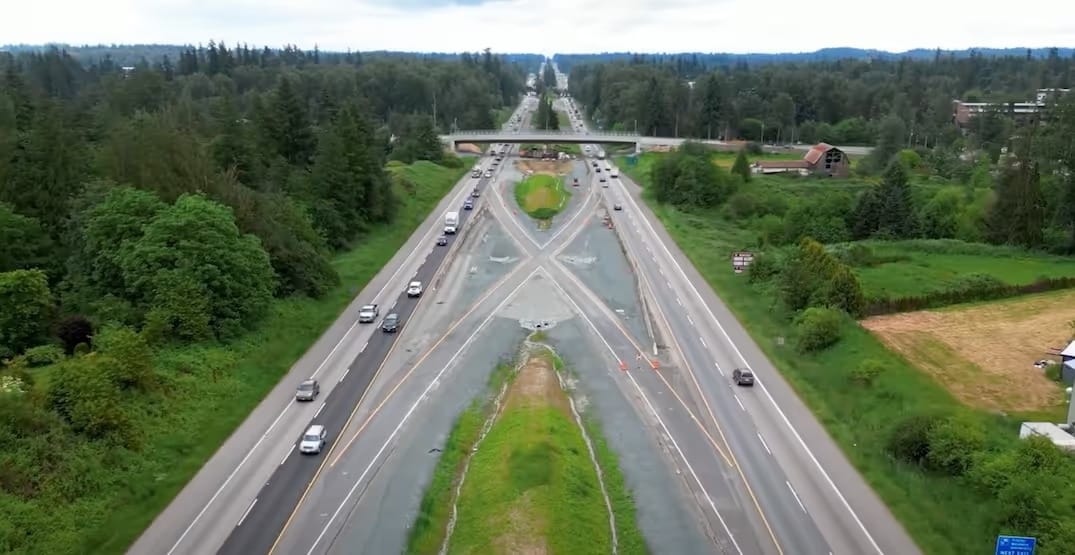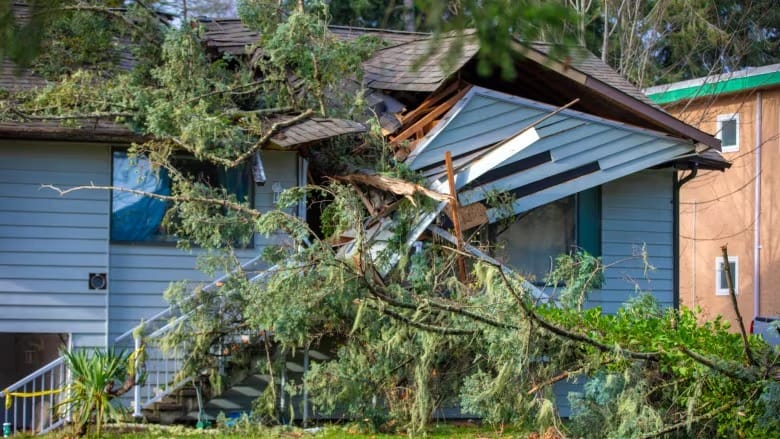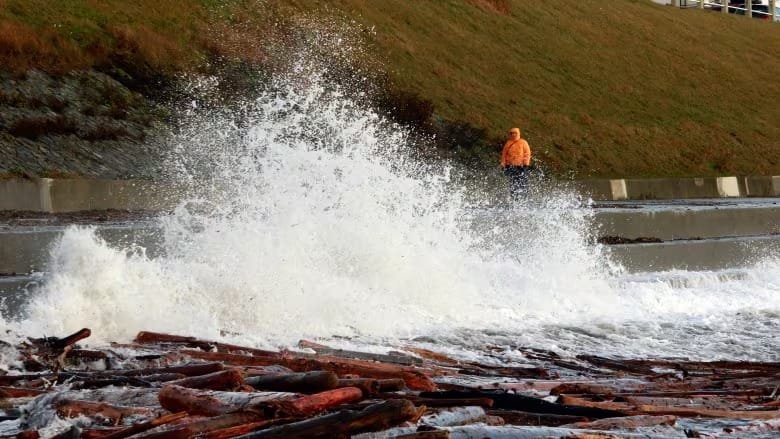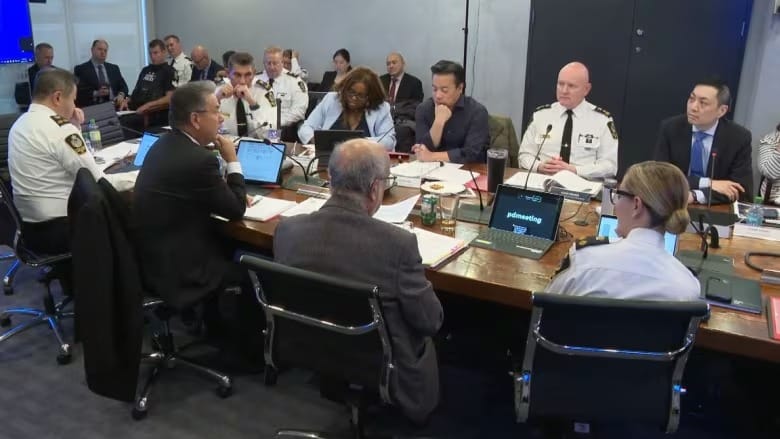8-km-long Highway 1 widening in Abbotsford to cost $2.65 billion
“To make life better for people in the fast-growing Fraser Valley, our government is building the homes, schools, hospitals and highways families need,” said Eby today.

The Government of British Columbia signalled today it is ready to move forward with the next easternmost segment of the Highway 1 widening and improvement project in the Lower Mainland.
Premier David Eby announced this afternoon that Phase 3B of the Highway 1 project will be located entirely within Abbotsford — an eight-km-long stretch of the Trans-Canada Highway from the Mount Lehman Road interchange to the Highway 11 (Sumas Way) interchange. Phase 3B is now expected to carry a cost of $2.65 billion.
This is in addition to Fall 2023’s previously announced and funded estimated construction cost of $2.34 billion for Phase 3A just to the west, which is a 13-km-long segment of the highway from the 264th Street interchange in Langley Township to Mount Lehman Road.
Following today’s announcement, the entire 21-km-long combined Highway 1 improvement segment under Phase 3B and Phase 3A now has a combined total estimated cost of $5 billion.
The cost per km for each of the Phase 3B and 3A projects is now about $240 million, representing a drastic exponential increase from the cost of Highway 1 corridor projects performed over the past 15 years further to the west elsewhere in Langley Township and in Surrey.

For example, the Phase 2 widening Highway 1 from the 216th Street interchange to 264th Street interchange within Langley Township, the whole segment distance of roughly 10 km, carries a total cost of $345 million, as of 2022 when major construction work first began. The average per km cost is about $35 million for Phase 2 or about 15% of the average per km cost of Phase 3B/3A.
For decades, elected officials and business advocacy organizations in eastern Metro Vancouver and the Fraser Valley have been calling for a quicker westward progression of the provincial government’s Highway 1 upgrades.
“To make life better for people in the fast-growing Fraser Valley, our government is building the homes, schools, hospitals and highways families need,” said Eby today.

“By improving Highway 1, we’ll keep goods moving smoothly and help people get to work and back home faster, so they can spend less time stuck in traffic and more time with their families.”
Phase 3B components entail the addition of an HOV/battery-electric vehicle lane in each direction, a new Highway 11 interchange, and the replacement of the Peardonville Road crossing.
The provincial government stated today that procurement on the $2.65-billion Phase 3B project between Mt. Lehman Road and Highway 11 will begin in 2025, based on a scheduled major construction start in 2026 and completion in 2031.
But minor construction work and site preparation activities for Phase 3B will begin later in 2024, which will cost about $100 million. This includes tree clearing, soil removal, and the pre-loading of soil.

Major construction on the $2.34-billion Phase 3A project between 264th Street and Mount Lehman Road will begin later in 2024 for completion in 2029.
Phase 3A includes a new 264th Street interchange that includes an expanded and more efficient road network and a new bus public transit hub and truck parking facility. The provincial government has awarded KEA Fraser Valley Connectors — a partnership between Kiewit Infrastructure and Emil Anderson Construction — a $286 million contract for this particular interchange, with construction starting in Fall 2024.
Currently, Highway 1 through these areas is only four vehicle lanes wide — two vehicle lanes in each direction.
The future Phase 4 widening project east of Highway 1 could cost billions of dollars more, which will continue the widening improvements through the Sumas Prairie of Abbotsford and towards Chilliwack. Additional planning is required for Phase 4 to make its design more resilient to flooding, following the devastating floods and interruption to movements and trade from the late 2021 flood of the Sumas Prairie.
“I know that many people in the Fraser Valley find travel increasingly difficult, given the traffic volume on Highway 1, and we’re working hard to address these concerns,” said Dan Coulter, BC Minister of State for Infrastructure and Transit.
“We’re focusing on improvements to the highway through widening to accommodate sustainable transportation and better, more accessible interchanges to make it easier and quicker for people to get where they need to go.”
Over 80,000 vehicles use Highway 1 between eastern Metro Vancouver and the Fraser Valley on a daily basis, including significant commercial vehicle and truck volumes, as well as recreational and tourist traffic to the BC Interior and beyond. Over $65 billion worth of goods move along this highway segment annually.
The population of the Fraser Valley is also expected to grow by nearly 50% by 2050.
Before the end of 2024, major construction will begin on the $4-billion, 16-km-long SkyTrain Expo Line extension along Fraser Highway between King George Station and Langley City Centre.





